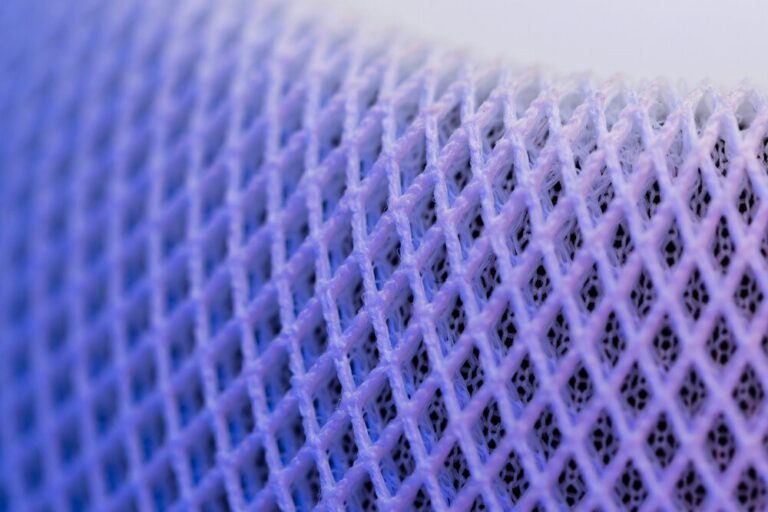The label on your bottle of sunscreen will give you advice on how to apply it, a warning not to get it in your eyes, and a list of ingredients, but it won’t tell you if it contains nanoparticles. Consumer and environmental advocates who keep tabs on the nanotechnology field think that’s a problem. While some experts think such sunscreens are a safe improvement over others that use questionable chemicals, others believe there are reasons to be wary. Carolyn Nunley Cairns, a program leader in product safety in the technical division of Consumers Union, said, “I think the only thing consumers can do—and this is asking a lot—is call companies.” Her organization would like the United States government to do more to regulate the burgeoning nanotechnology industry. But while European regulators move toward stiffer labeling requirements, the U.S. is staying mostly on the sidelines. The lack of data on how much of the nano-titanium dioxide or nano-zinc gets through the skin, or what happens when the particles wash off, makes it hard to make sense of the human and environmental impact. Friends of the Earth, an environmental activist group, is pressing the U.S. to do more, and publish guidelines for consumers. Ian Illuminato, the health and environment campaigner at FoE, says, “Our position is still that nano-sunscreens are not safe, and potentially could be not healthy for children and especially for the environment and the workers. I don’t think it’s for certain one way or the other yet. But I do know there’s enough information that they shouldn’t be on the market—and, at a bare minimum, should be labeled.” The lack of labeling is indicative of the broader problem of regulating nanotechnology, according to Gwyneth K. Shaw, the author of this article: “how small is too small? How can we tell the difference between naturally-occurring nanoparticles, and engineered ones? What kind of testing is best for ferreting out the real-world effects of these substances?” Illuminato says that ultimately, the smart consumer will rely less on sunscreen and more on old-fashioned advice, such as less time in the sun, and covering up when you do. “Unfortunately, the whole issue with sunscreens is very difficult, because of the other things on the market that could be toxic,” he said. “I think we really need to redevelop what we put on our skin in terms of sunscreen.”
http://www.newhavenindependent.org/index.php/archives/entry/sunscreens_what_the_label_wont_tell_you/id_36868




